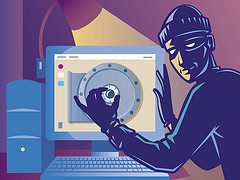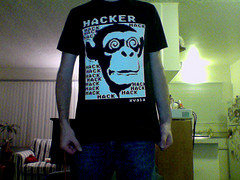About one out of every five Australian business IP addresses are subjected to Internet security threats every weekday, but that number falls to one out of every eight in New Zealand, according to new research from Deakin University and Trend Micro.
The report, Australia and New Zealand Web threat landscape, is based on monitoring of live Internet traffic between 29 September and 12 October 2013.
The research analysed 170 million Web requests issued from Australia and 20 million Web requests issued from New Zealand per day. There were 450,000 attempts to connect to malicious websites in Australia, compared with 40,000 attempts in New Zealand.
The research also found that, Australian business IP addresses were more likely to be at risk on weekends with approximately one in eight companies susceptible on Saturday and Sunday compared to only one in 13 New Zealand businesses during the weekend.
The United States is the biggest malicious Web hosting country targeting Australia and New Zealand while the Netherlands, Germany and other European Union countries were found to be targeting both countries, too.
To read more on this story, click here.



